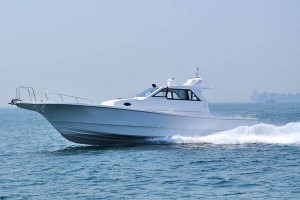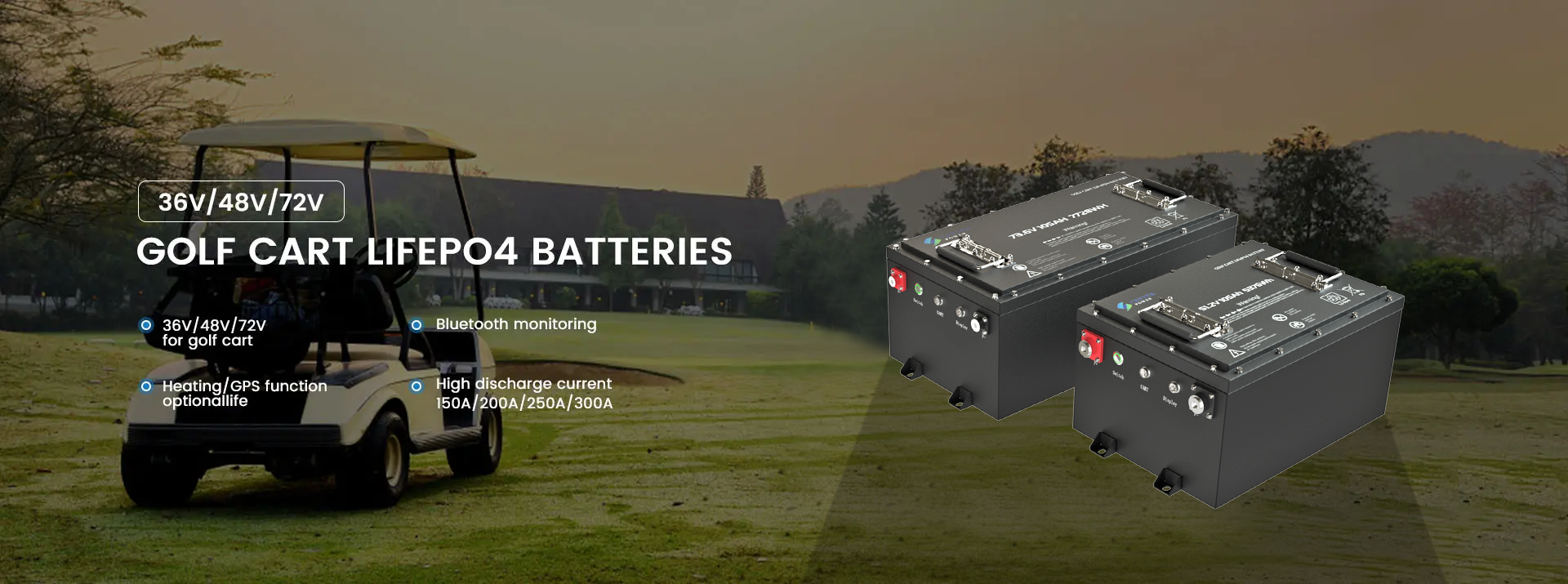Your boat battery provides the power to start your engine, run your electronics and equipment while underway and at anchor. However, boat batteries gradually lose charge over time and with use. Recharging your battery after each trip is critical to maintaining its health and performance. By following some best practices for charging, you can extend your battery's lifespan and avoid the inconvenience of a dead battery.
For the fastest, most efficient charging, use a 3-stage marine smart charger.
The 3 stages are:
1. Bulk Charge: Provides 60-80% of the battery's charge at the maximum rate the battery can accept. For a 50Ah battery, a 5-10 amp charger works well. Higher amperage will charge faster but could damage the battery if left too long.
2. Absorption Charge: Charges the battery to 80-90% capacity at a decreasing amperage. This helps avoid overheating and excessive battery gassing.
3. Float Charge: Provides a maintenance charge to keep the battery at 95-100% capacity until the charger is unplugged. Float charging helps prevent discharge but will not overcharge or damage the battery.
Choose a charger rated and approved for marine use that matches your battery's size and type. Power the charger from shore power if possible for the fastest, AC charging. An inverter can also be used to charge from your boat's DC system but will take longer. Never leave a charger running unattended in a confined space due to the risk of toxic and flammable gasses emitting from the battery.
Once plugged in, let the charger run through its full 3-stage cycle which can take 6-12 hours for a large or depleted battery. If the battery is new or has been heavily depleted, the initial charge may take longer as the battery plates become conditioned. Avoid interrupting the charge cycle if possible.
For the best battery life, never discharge your boat battery below 50% of its rated capacity if possible. Recharge the battery as soon as you return from a trip to avoid leaving it in a depleted state for long. During winter storage, give the battery a maintenance charge once a month to prevent discharge.
With regular use and charging, a boat battery will need replacement after 3-5 years on average depending on the type. Have the alternator and charging system checked regularly by a certified marine mechanic to ensure maximum performance and range per charge.
Following the proper charging techniques for your boat battery type will ensure safe, efficient and reliable power when you need it on the water. While a smart charger requires an initial investment, it will provide faster charging, help maximize your battery's lifespan and give you peace of mind that your battery is always ready when it's needed to start your engine and get you back to shore. With the appropriate charging and maintenance, your boat battery can provide many years of trouble-free service.
In summary, utilizing a 3-stage marine smart charger, avoiding over-discharge, recharging after each use and monthly maintenance charging during off-season, are the keys to properly charging your boat battery for optimal performance and longevity. By following these best practices, your boat battery will reliably power up when you need it.

Post time: Jun-13-2023





